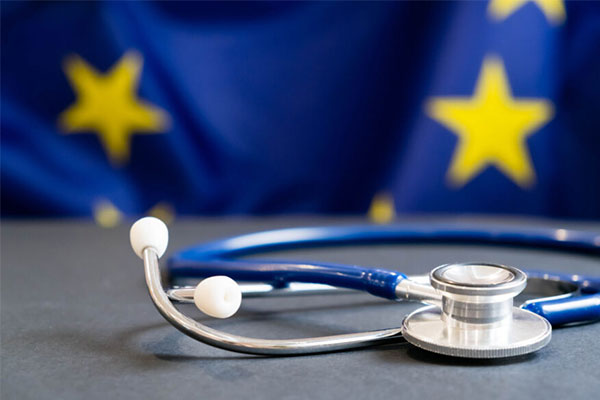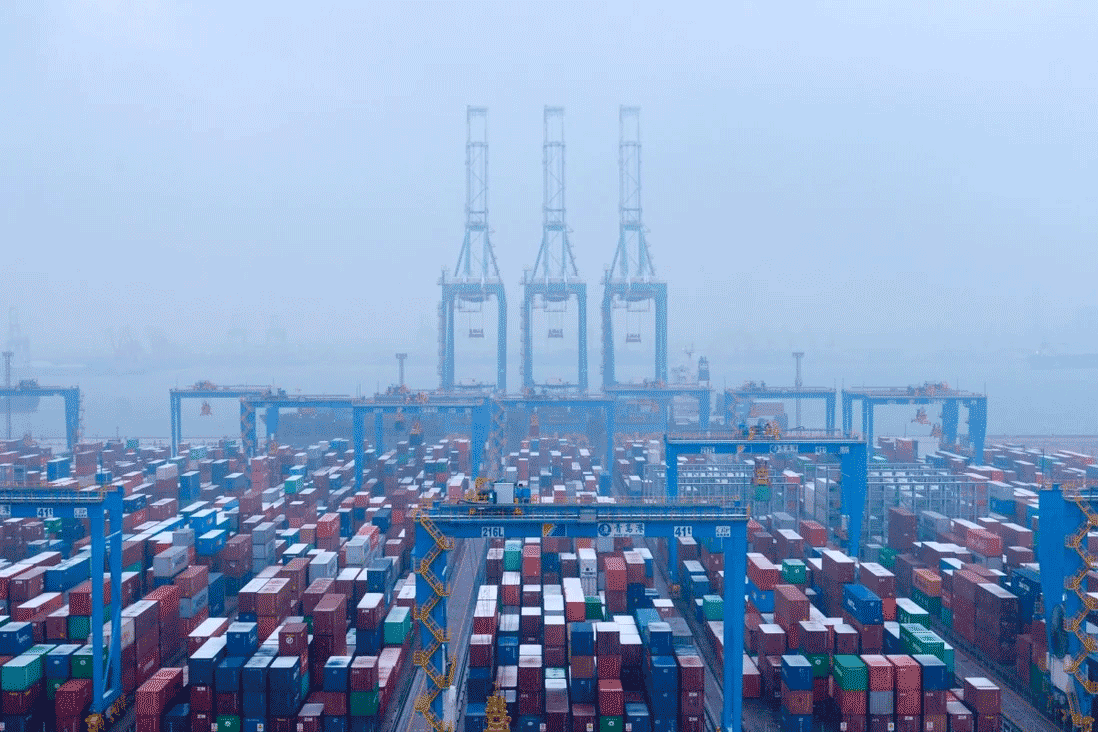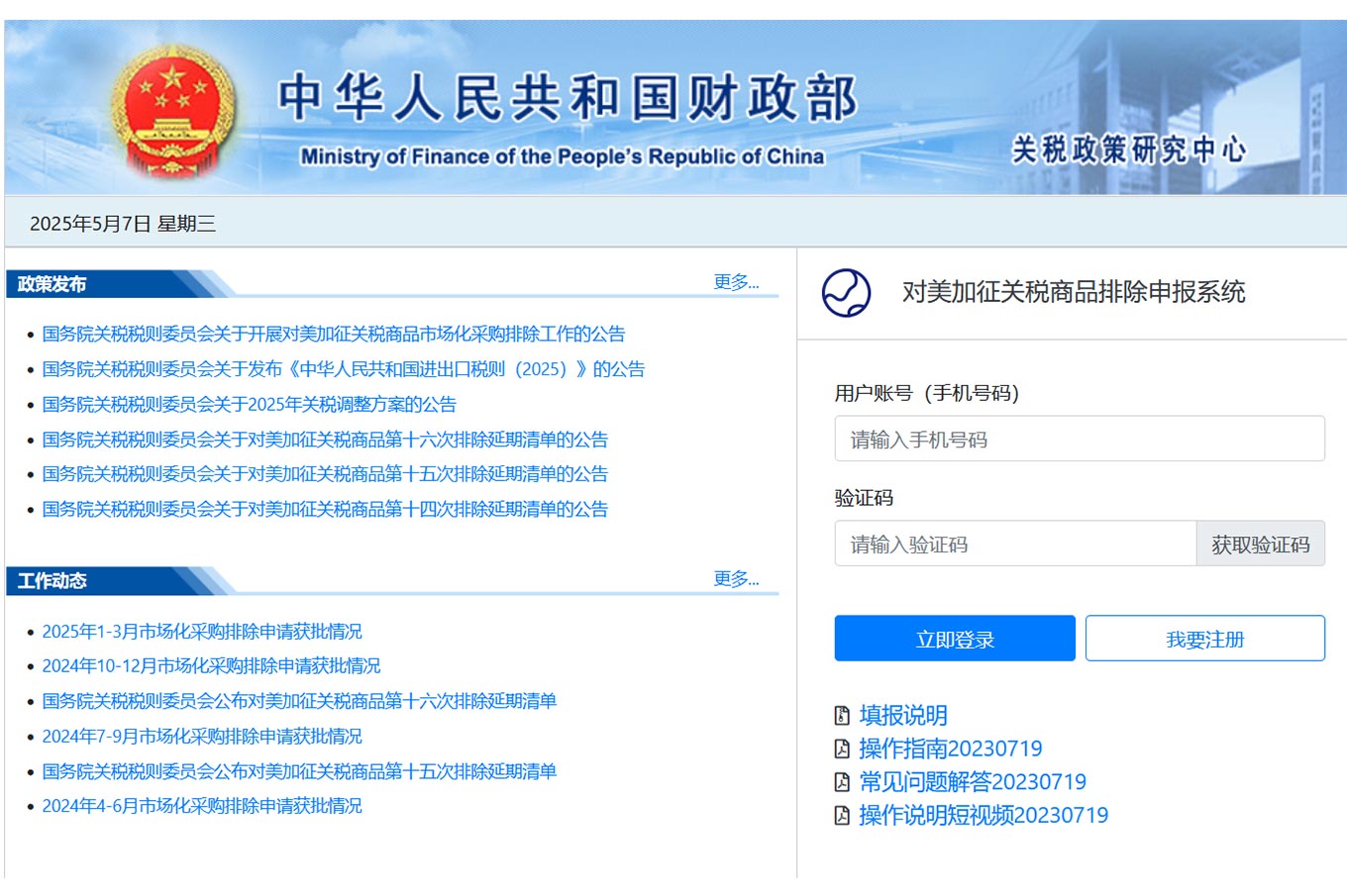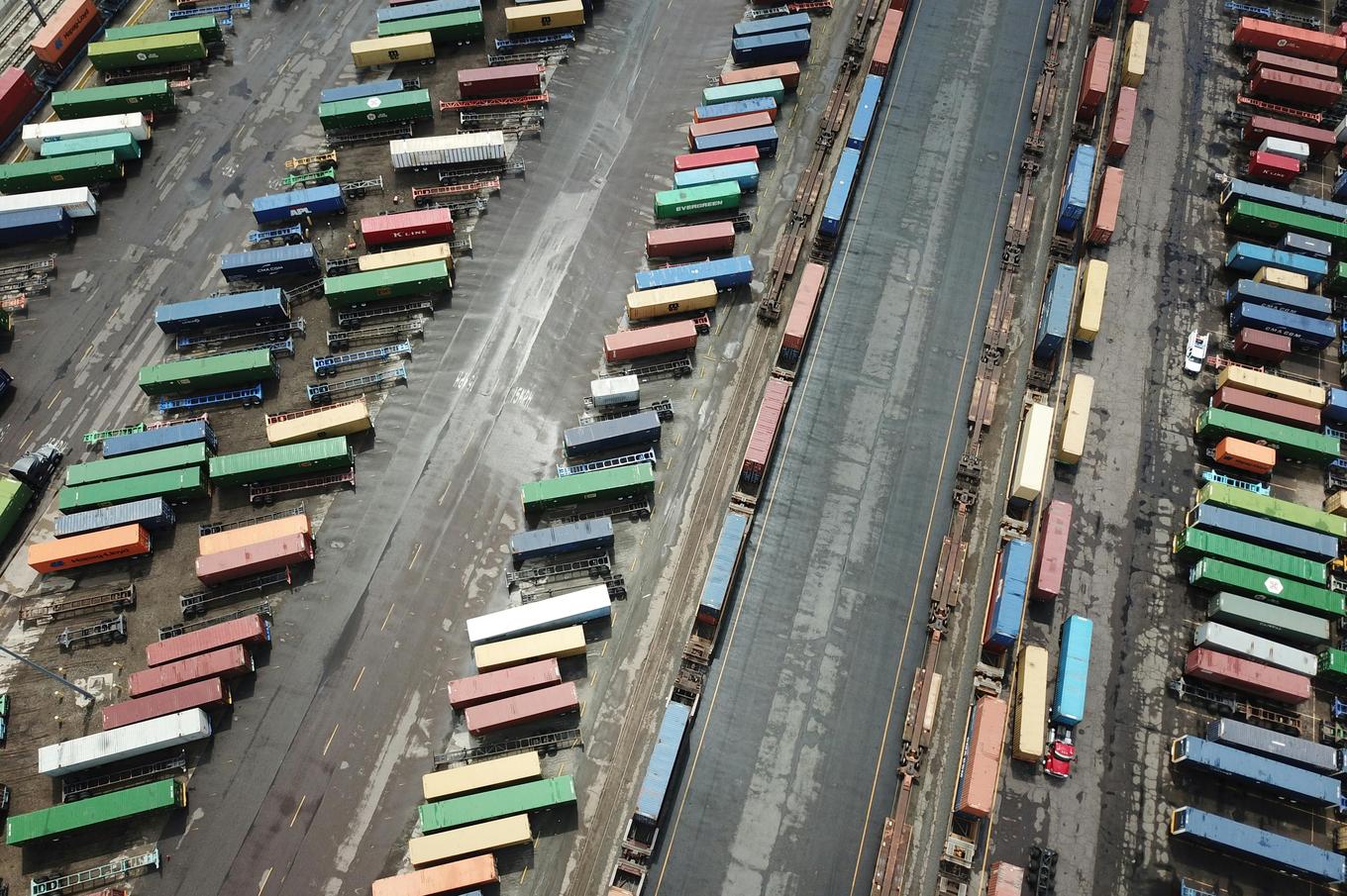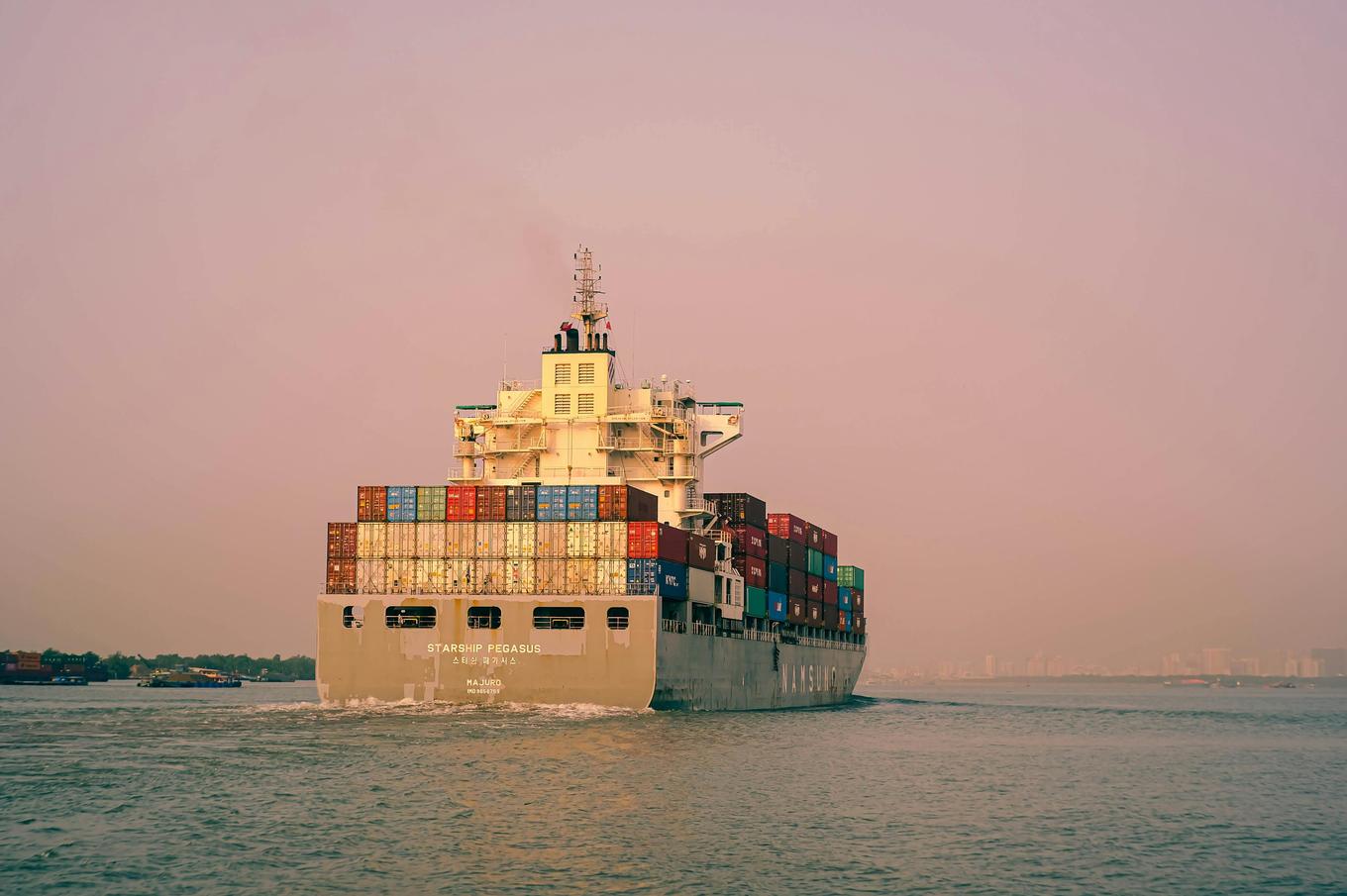- Shanghai Zhongshen International Trade Co., Ltd. - Two decades of trade agency expertise.
- Service Hotline: 139 1787 2118
As the UKs Unite union recently threatened strikes against Associated British Ports (ABP), trade fluidity at UK ports has been impacted again. The labor unrest stems from ABPs unilateral introduction of new medical standards for pilots in July without consultation, further increasingMaritime Transportationtrade uncertainty in the UK.
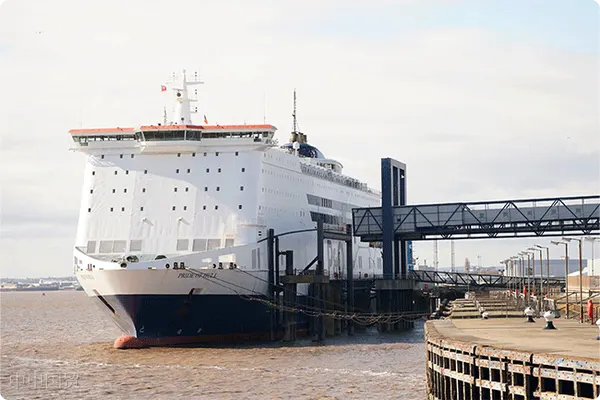
It is reported that ABPs 21 ports handle approximately one-quarter of the UKs maritime trade, with total trade volume exceeding $183.7 billion. While ABP claims the new standards aim to enhance health checks for pilots, the Unite union insists these standards should be implemented after full consultation and in accordance with Unites health and safety legislation agreement.
Unite General Secretary Sharon Graham made it clear: While Unite does not oppose enhanced medical checks, we believe new standards should be introduced fairly and through consultation. ABP needs to understand that Unite and its members are always ready to defend their working conditions and rights.
To reinforce its stance, Unite warned that beyond affecting pilots in South Wales (e.g., Swansea, Port Talbot, Barry, Cardiff, and Newport), Southampton, and the Humber (e.g., Hull and Immingham), the dispute could escalate to all 21 ports operated by ABP.
Pilots play a critical role in maritime transport, ensuring safe navigation of vessels through waterways and ports. ABPs changes to pilots health standards may jeopardize the job security and safety of these key personnel.
Pilots must maintain good physical condition to cope with the physical demands of boarding and disembarking, said Unite Regional Coordinator Jane Jeffery. We dont oppose improvements to these standards, but we expect ABP to follow our agreement while complying with health and safety legislation and engaging in substantive consultation with us.
The current situation highlights the uncertainties and potential risks in China-UK maritime trade. It also reminds all parties to maintain good communication and consultation with relevant unions during commercial activities to safeguard rights and avoid greater economic losses.
Related Recommendations
? 2025. All Rights Reserved. Shanghai ICP No. 2023007705-2  PSB Record: Shanghai No.31011502009912
PSB Record: Shanghai No.31011502009912
